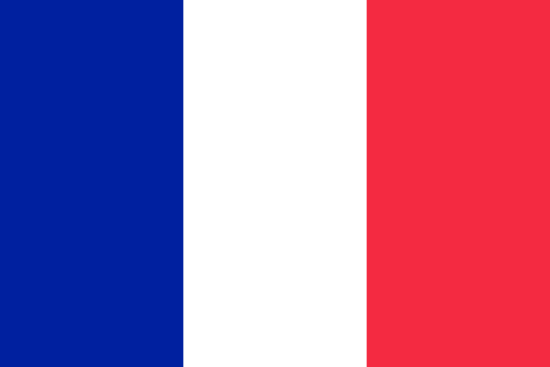
Health Insurance in Réunion (France)
Information expatriation
Capital City: Paris
Total area: 551,500 km2
Population: 64,473,140 (2008)
Money: Currency Converter
Time Zone:List of time zones by country
Calling Code: +33 XXX
Practical Information:
Health Product: Travel Insurance and Health insurance
Health Insurance information and Sanitary Risk: World Health Map
BLOG: Expat Health insurance Information
Here is a brief description of the healthcare system in the country:
· Réunion has a universal public healthcare system that is part of the French Social Security system.
· As in France, it is funded through mandatory health insurance contributions based on income.
· All permanent residents are entitled to free or subsidized healthcare services.
· Primary care is provided through local doctors, while hospitals run acute and chronic care.
· Major hospitals have specialist doctors and advanced medical technologies.
· Healthcare infrastructure is well-developed compared to other Indian Ocean islands.
· Medicines are subsidized but shortages can occur of certain drugs not produced locally.
· Major health issues include chronic diseases related to obesity, diabetes and cardiovascular risks.
· Traditional herbal remedies and alternative therapies also remain popular.
· Healthcare access across the mountainous terrain can be challenging in remote rural areas.
· As an overseas region of France, standards are generally high but costs are lower than in mainland France.
· Expats are strongly advised to obtain national health insurance (CMU) for coverage.
Here are some key health considerations for expatriates living in the country:
· Apply for universal health coverage (CMU/AME) within 3 months of arrival through the local CPAM office.
· Choose a local "médecintraitant" doctor for primary care needs registration.
· Consider supplemental private insurance for faster specialist access if needed.
· Bring needed prescription medications, as some may be unavailable locally.
· Vaccinations like hepatitis A/B, typhoid and rabies are recommended.
· Only drink bottled or purified water and thoroughly cook foods.
· Access on remote mountainous areas can be limited, so plan accordingly.
· Natural disasters like cyclones occur - maintain emergency supplies.
· Register address with your embassy in case of medical evacuation is required.
· Lifestyle changes like diet, heat and humidity require monitoring of health impacts.
· Learn basic medical French phrases to communicate effectively with doctors.
· Air pollution levels are rising in urban areas with linked respiratory risks.
